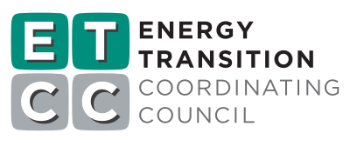Project Info
COMPLETE
Project Title
High Performance Home Design Market Study #2
Project Number ET13SCE7180 Organization SCE End-use Whole Building Sector Residential Project Year(s) 2013 - 2014Description
The Solar Decathlon is a DOE-sponsored international competition which challenges collegiate teams to design, build, and operate solar powered houses that are cost-effective and energy-efficient. These competition homes are highly visible and typically see more than a quarter of a million visitors. Through a partnership with a university team, SCE will provide the competing team with strategic technical design assistance, stressing the importance of key DSM practices such as Loading Order, Zero Net Energy, Grid-Tied Distributed Generation and Net Energy Metering. In turn, these activities will allow SCE to extract rich market intelligence on the latest EE/DR/DG technologies.
Project Report Document
Loading PDF Preview...
